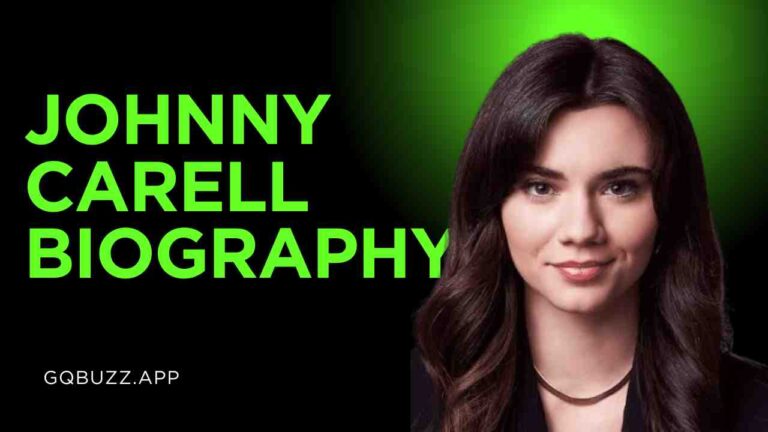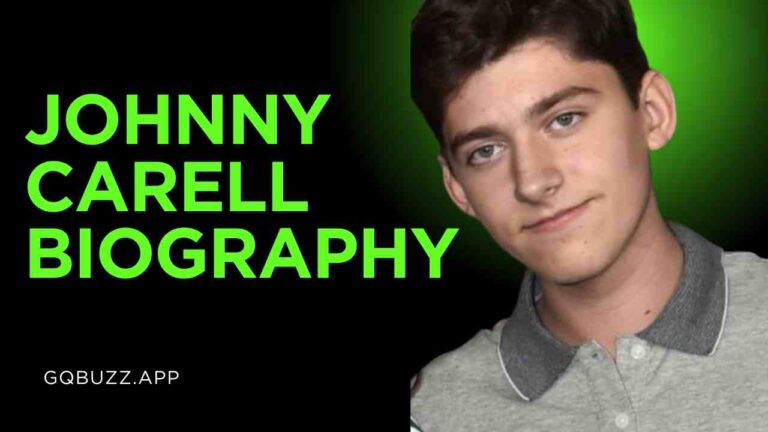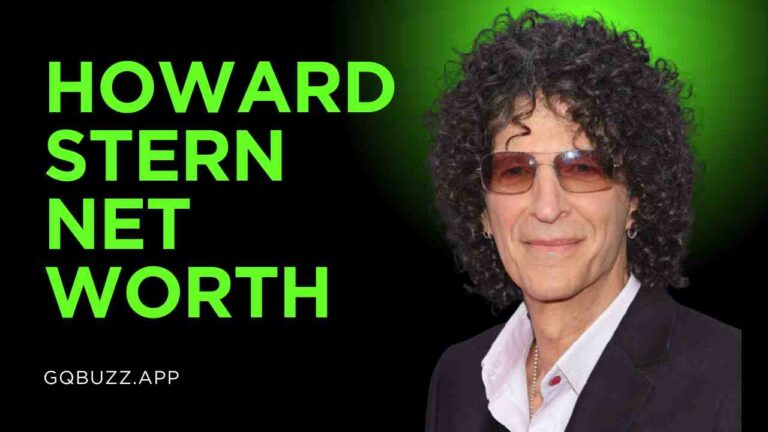Hello, my name GQ
GQ BUZZ
“Discover inspiring stories and fascinating facts about your favorite celebrities. From career highlights to personal journeys, we bring you the most captivating biographies in one place.”
01.
Services
Filming Services
Aenean non accumsan ante. Duis et risus accumsan sem tempus porta nec sit amet estsed ut euismod.
Digital Marketing
Vivamus luctus maximus vestibulum. Donec et enim vitae tellus auctor menean leo diamfeugiat nulla sed.
Visual Effects
Praesent commodo pharetra. Fusce fermentum anteac met interdum elementum arculectus lacinia nonsa.
02.
Trending Article

Peso Pluma Net Worth: Real Estate and Salary.., How Much Does The Mexican Singer Make?

Brett Cooper Age: Biography, Height, Net Worth, Boyfriend And Controversy in 2025

johnny carell biography: All About Steve Carell’s Son, Age, Movies, Net worth

Santtu seppälä Biography: Age, Career, kids, Wife, And Net Worth

Riley Green Biography: Mystery About The Singer’s Relationship, Age, Relationship, Children And Net Worth

Howard Stern Net Worth: Biography, Age, Children, Family, And Controversy
03.
Let’s talk about your project
Donec et enim vitae tellus auctor menean leo diamfeugiat nulla sed. consequat venenatis est. Praesent commodo consequat pharetra.
